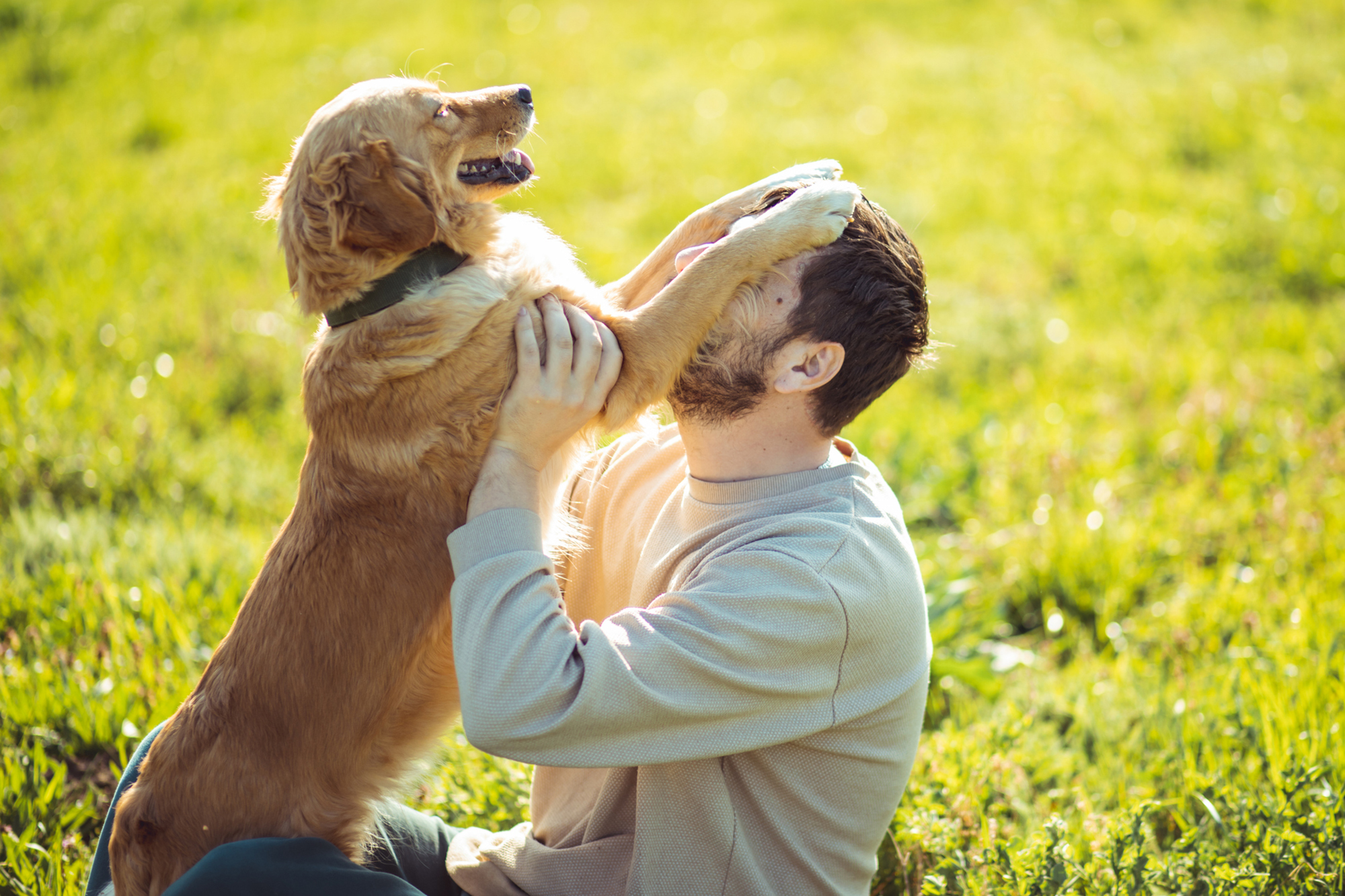Man’s Best Friend

Growing up, my stories are filled with vibrant characters, but few left as lasting an impression as Barney, our family dog. Barney was legendary. During the day, he roamed the streets, creating his own adventures. Yes, he was hit by cars more than once, but each time, he bounced back with unwavering determination. At night, my stepdad would fire a shot from the front porch, and no matter where Barney was, he knew it was time to come home. Barney wasn’t just a pet; he was family—respected, beloved, and unquestionably my mom’s favorite.
Recent research has revealed fascinating insights into the deep connection between humans and dogs. A study focusing on oxytocin, the "love hormone," highlighted its critical role in canine behavior and their relationships with people. Researchers worked with 60 golden retrievers, presenting them with an impossible task: opening a sealed treat jar. Before the task, the dogs were given either oxytocin or a saline solution via nasal spray. Dogs with a specific genetic variant of the oxytocin receptor showed an increased response to the hormone, making them more likely to seek help from their owners. This discovery underscores the evolutionary significance of oxytocin in shaping the bond between humans and dogs. Over thousands of years of domestication, dogs have uniquely adapted to form profound social connections with people, an ability shaped by both genetics and their environment.
The benefits of the human-canine connection extend to a diverse range of people:
- Adolescents: Teens facing social anxiety or peer pressure often find unconditional acceptance in their furry friends.
- Veterans: Service dogs provide critical support for veterans coping with PTSD, alleviating symptoms of anxiety and depression.
- Marginalized Groups: For individuals facing discrimination, a dog’s unwavering love can be a source of healing and solace.
In therapeutic settings, dogs play increasingly vital roles. They comfort patients in hospitals, bring joy to residents in nursing homes, help reduce stress in schools, and even provide emotional support in airports.
As technology and society evolve, the roles of dogs are predicted to grow:
- AI-Assisted Companionship: Dogs paired with AI devices could enhance their communication abilities, such as signaling health emergencies more effectively.
- Scent-Detection Specialists: Beyond bomb and drug detection, dogs could become essential in identifying diseases, tracking endangered species, or detecting environmental hazards.
- Mental Health Coaches: Trained to recognize signs of distress, dogs could provide immediate comfort to individuals during mental health crises.
- Elderly Assistance Dogs: Beyond mobility aid, future service dogs might assist with smart home integration, enhancing the independence of older adults.
Understanding the science behind the human-dog bond can help refine breeding practices, improve training techniques, and revolutionize pet care. By harnessing the power of oxytocin and leveraging cutting-edge research, humans can strengthen their relationships with dogs, creating even more fulfilling partnerships.




